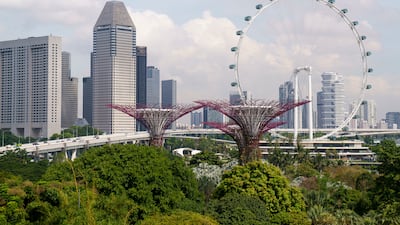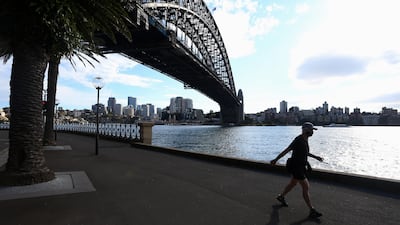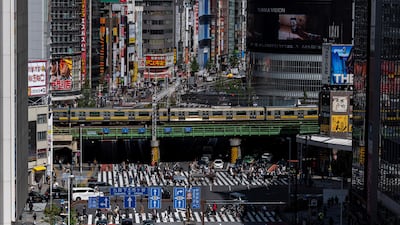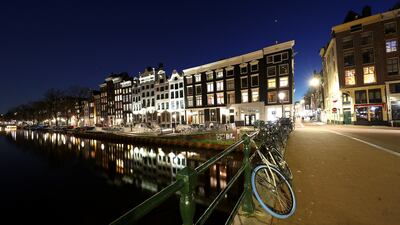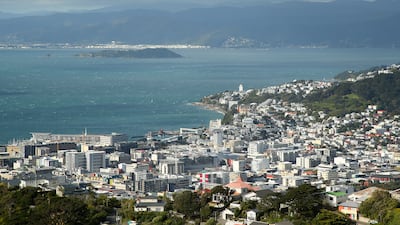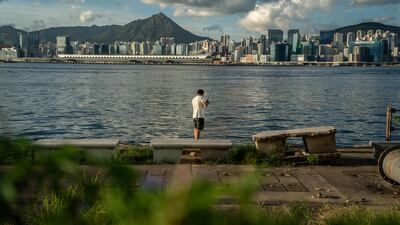Copenhagen has been named the safest city in the world by the Economist Intelligence Unit, beating front-runners such as Tokyo to the top spot.
A list compiled every two years ranked 60 cities using the criteria of digital security, health, infrastructure, personal, and - new this year - environmental security.
The top five were Copenhagen, Toronto, Singapore, Sydney and Tokyo.
Denmark’s capital topped the rankings for the first time, with a score of 82.4 points out of 100.
It ended Tokyo's years-long streak at number one.
Copenhagen climbed seven places, from eighth in 2019 in the fourth edition of the study.
Tokyo dropped four places to fifth.
Dubai and Abu Dhabi were named the safest cities in the Middle East, with both scoring high on infrastructure and health.
Abu Dhabi was ranked 31st, down four places from 2019, with a score of 66.9. Dubai was the 35th safest city, down seven places from its previous ranking, with a score of 64.6.
The world’s top 10 safest cities
1. Copenhagen, Denmark
2. Toronto, Canada
3. Singapore
4. Sydney, Australia
5. Tokyo, Japan
6. Amsterdam, the Netherlands
7. Wellington, New Zealand
8. Hong Kong
9. Melbourne, Australia
10. Stockholm, Sweden
The Safe Cities Index was launched in 2015 with 44 indicators and 50 cities.
Since then, the index has been updated once every two years, increasing city coverage and taking into account emerging challenges to urban safety.
In 2021, the criteria was updated with a special focus on the pandemic's impact and organisers introduced environmental security.
Toronto and Copenhagen performed much better in the environmental category than any of the top three cities from previous years.
Copenhagen secured a score of 84.5, while Toronto scored higher, with 90.3. However, it was Wellington in New Zealand that performed best in the area, with a rating of 91.7.
The category looks at how governments are working to reshape their approaches to high-risk events, be they pandemics, disasters or longer-term threats such as climate change and chronic social stresses.
The environmental security indicator also takes into account policies aimed at improving the health of the natural and physical environment in urban areas, looking at things including water stress and the amount of green landscape in a city.
Kuwait was the third city in the Middle East to appear on the safe cities list, dropping to 53rd place from 38th in 2019.
